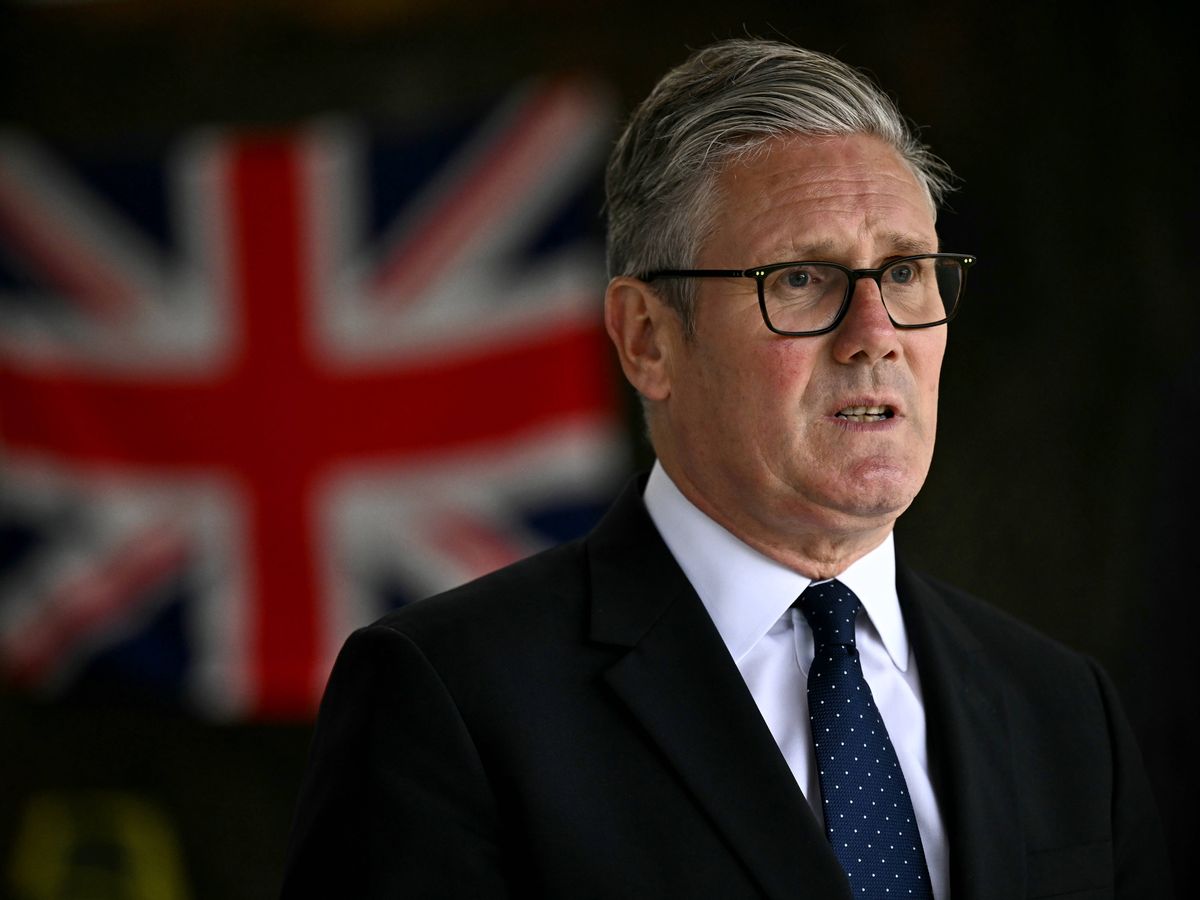In a bid to quell a Labour Party revolt, the government has extended an olive branch to rebel MPs, offering significant concessions on its contentious welfare reforms. Reports emerging late on Thursday night hinted at “massive concessions” from Sir Keir Starmer as he sought to prevent a Labour Party rebellion. The proposed changes include abandoning the planned alterations to Personal Independence Payments (PIP) and the health top-up to Universal Credit for existing claimants. According to Sky News, the government has agreed to roll back the PIP and Universal Credit changes, winning over a senior Labour backbencher who had initially signed an amendment to block the welfare reforms. The backbencher told Sky News: “I think the concessions will be positively received, and I expect to vote with the government now.” One of the leaders of the opposition to the bill remarked: “They’ve offered massive concessions, which should be enough to get the bill over the line at second reading.” Another key figure added: “We always wanted to protect the most vulnerable, not to destroy the bill or cause the government trouble. We always hoped there would be an off-ramp, and that’s what we have now.” The compromises on the planned cuts are believed to include applying the changes solely to new claimants and engaging in further consultation on the most contentious cuts to disability benefits, reports Birmingham Live . Under the original plan, from November 2026, individuals would need to score a minimum of four points in at least one activity to qualify for the daily living element of PIP – rather than fewer points spread across various tasks. It’s understood that the proposed modifications to the bill would have had a significant impact on both existing and new claimants. However, government concessions are now expected to exempt existing claimants from this change. Despite this, Labour MP Richard Burgon remains unimpressed, saying, “these changes may make a very bad bill less awful, but the vast majority of cuts remain and it still forces hundreds of thousands into poverty”. He reiterated that the concessions are “nowhere near good enough”. Regarding universal credit, initial plans would have seen the health component, claimed by more than two million individuals, frozen at 拢97 a week for the remainder of this parliament. The government also intended to halve the rate to 拢50 for new claimants. Sources suggest that the concessions will mean this change will no longer be applicable to existing claimants. Shadow chancellor Mel Stride has attacked the changes, stating that they represent another “screeching U-turn” by Starmer, following the rethink on winter fuel cuts. He described the expected concessions on welfare as a “completely unfunded spending commitment”, claiming that “Labour’s welfare chaos will cost hardworking taxpayers”. Meanwhile, MP Ian Byrne has expressed concerns, asking: “How can someone diagnosed with a condition in a few months be less disabled than someone diagnosed with it already and not be eligible for help?”. He concluded: “This bill will still drive hundreds of thousands of disabled people into poverty. I will be voting against this shameful piece of legislation and I urge colleagues to do the same.”
